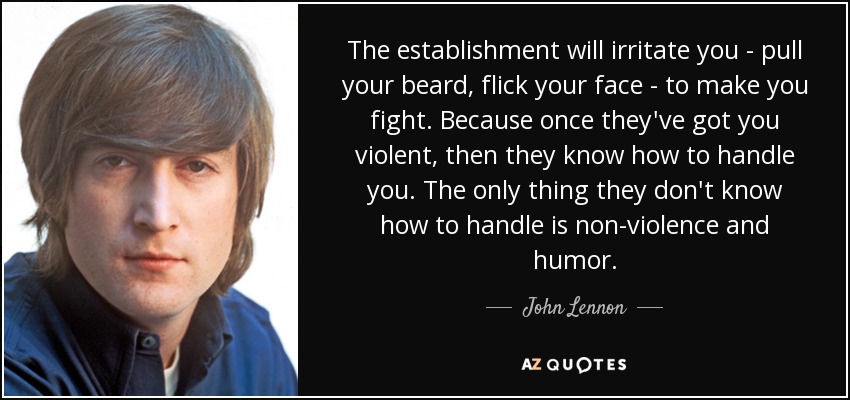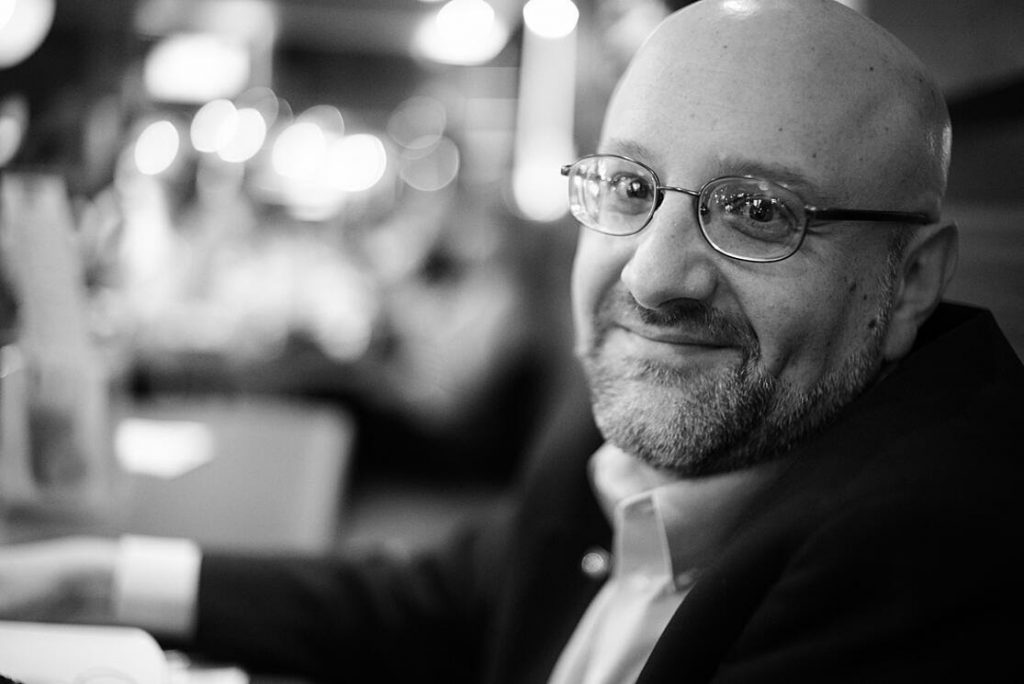Jacob Hornberger urges members of the military to not obey the President when his orders do not have Constitutional authority.
Excerpts
While U.S. soldiers technically take an oath to support and defend the Constitution, as a practical matter their oath is to serve the president and unconditionally obey his orders. Since the president is democratically elected, in their minds they are supporting and defending the Constitution when they dutifully and loyally obey the commands of their commander in chief.
It is undisputed that there was never a congressional declaration of war against North Vietnam or Afghanistan. Given such, no president had the legal authority to order U.S. troops to invade and occupy either country.
Nonetheless, such orders were issued. At that point, U.S. soldiers had a choice: either support and defend the Constitution by disobeying those illegal orders to invade and occupy or faithfully and loyally obey the president and, in the process, violate the Constitution.
U.S. soldiers chose to obey the president. They always do. They just rationalize their decision by convincing themselves that by obeying the president, they are supporting and defending the Constitution.



